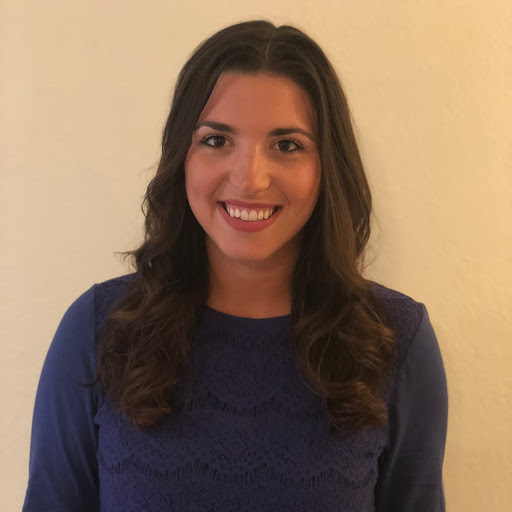
Alyssa Lanzi
Communication Sciences and Disorders
University of Delaware
lanzia@udel.edu
website

|
Alyssa Lanzi Communication Sciences and Disorders University of Delaware lanzia@udel.edu website |
| Participants: | 6 |
| Type of Study: | Semi-structured interviews |
| Location: | USA |
| Media type: | audio |
| DOI: | doi:10.21415/M6XY-KM73 |
In accordance with TalkBank rules, any use of data from this corpus must be accompanied by at least one corpus reference.
Lanzi, A., Wallace, S. E., & Bourgeois, M. (2019). Group external memory aid treatment for mild cognitive impairment. Aphasiology, 33(3), 320-336.
These files contain semi-structured interviews examining the continued use of preferred External Memory Aids (EMAs) and experiences of individuals with mild neurocognitive disorder (mNCD) who completed a group intervention 1.5 years prior to the interviews.
Participants completed six weekly group-treatment sessions. During the sessions, three categories (i.e., calendars, timers, and personal information) of EMAs were taught. Two non-congruent sessions were dedicated to each category. Treatment sessions included the three-step training program to teach the EMAs (Sohlberg & Mateer, 1989): exploration of aids, role-play, and instructions for home practice. Participant demographics appear in the table below. All six participants passed hearing and vision screenings.
Researchers used a questionnaire of 11 open-ended questions to guide the semi-structured interview 1.5 years post-treatment. The interview was completed individually during one session, lasting approximately 45 minutes. Question themes included: continued EMA use, metamemory, memory ability, treatment experiences, and strategy use. The interview questions were:
Note: Not all of the media files have yet been transcribed.
| Participant | Group | Age | Education | MoCa score | |
|---|---|---|---|---|---|
| 1 | 1 | 88 | 12 | 24 | |
| 2 | 1 | 72 | 14 | 25 | |
| 3 | 1 | 86 | 12 | 22 | |
| 4 | 2 | 75 | 12 | 24 | |
| 5 | 2 | 75 | 14 | 25 | |
| 6 | 2 | 74 | 14 | 21 |